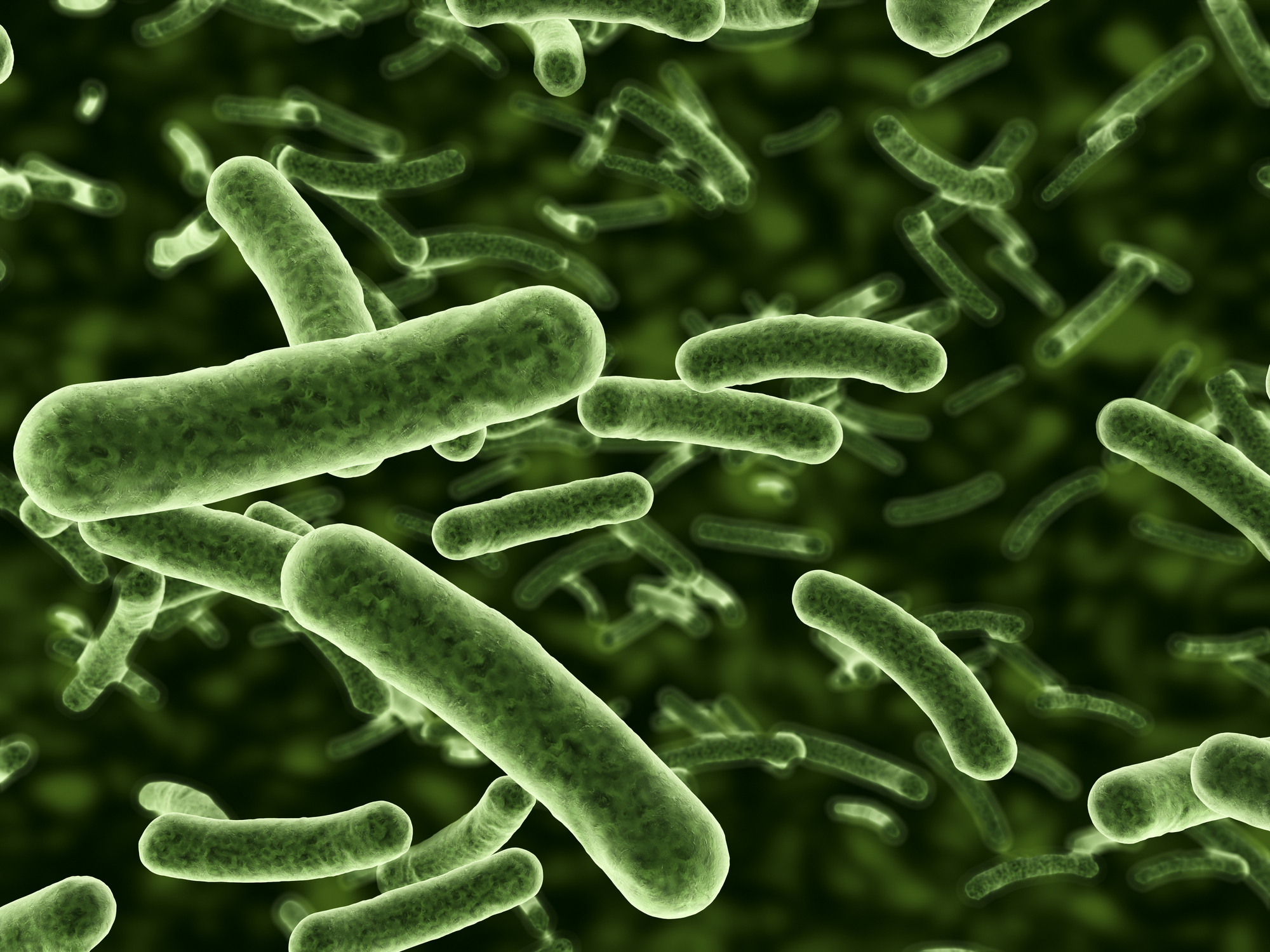A novel drug delivery method can help avoid patient non-adherence for medication, a study found. By using a bacteria, bacillus subtilis, for topical application, the authors found it survived on the skin for at least one day after application.
In addition to testing the longevity of B. subtilis on skin, the authors tested whether the addition of an antibiotic and nutrient source could improve results.
The need for improved topical delivery platforms
“Non-adherence accounts for an estimated 10% of drug-related hospital admissions…” the authors write. While reducing the frequency that the medication must be administered can decrease non-adherence, for topical medications, it only stays on skin for a short period of time, necessitating at least daily application. “The need for frequent administration of topical delivery formulations can negatively impact patient adherence, especially in the case of chronic diseases such as psoriasis and atopic dermatitis.”
The use of bacteria as drug delivery vehicles is emerging in dermatology in preclinical products. B. Subtilis is naturally found in skin microflora and has benefits including nonpathogenic properties, it’s a natural antimicrobial and it’s used often in the biotechnology field. The formulation used for this study was an engineered strain of B. subtilis that produces green fluorescent protein (GFP).
The product tested for this study is described as a microbiome-based, topical delivery platform that is long-acting. It was tested in computational analysis, ex vivo pig and human skin and in vivo mice.
‘Enhanced adherence & better outcomes’
Overall, the authors found that the delivered bacteria was present on skin for at least one day after application during a every-other-day application regimen. Following the last application, BS-GFP was detectable for three days; in the pig skin model, it was detectable for four days. The authors say this is likely due to the pig skin being cleansed before applying the formulation, decreasing competition from other bacteria.
In order to give B. subtilis an advantage, the authors added an antibiotic that B. subtilis is known to be resistant to. There was a dose-dependent effect of the antibiotic on total GFP production. It increased the length of time over which GFP was produced from four to five days. “…these results suggest that using an antibiotic adjuvant for bacterial-based drug delivery to skin could have positive impacts on total dosage and persistence of delivery vehicle viability,” the authors write.
The addition of a nutrient source that B. subtilis prefers — malate — increased the predicted survival times in the computer simulation from one half to one full day. In the pig skin model, there was a dose-dependent effect of malate on total GFP production, with an increase in the length of time during which it was produced.
“Continuous production of a drug or other molecule of interest on skin throughout the day could support enhanced adherence and better outcomes with these forms of treatment,” the authors write. “Skin-resident bacteria like B. subtilis could be engineered to continuously produce drugs on the skin for lasting therapy.”
The authors note that the effect of the B. subtilis treatment on skin’s microbiome was not investigated in this study but should be studied.
Source: Bioengineering & Translational Medicine
02 January 2024 https://doi.org/10.1002/btm2.10645
“Feasibility of engineered Bacillus subtilis for use as a microbiome-based topical drug delivery platform”
Authors: Montgomery, V., et al.

